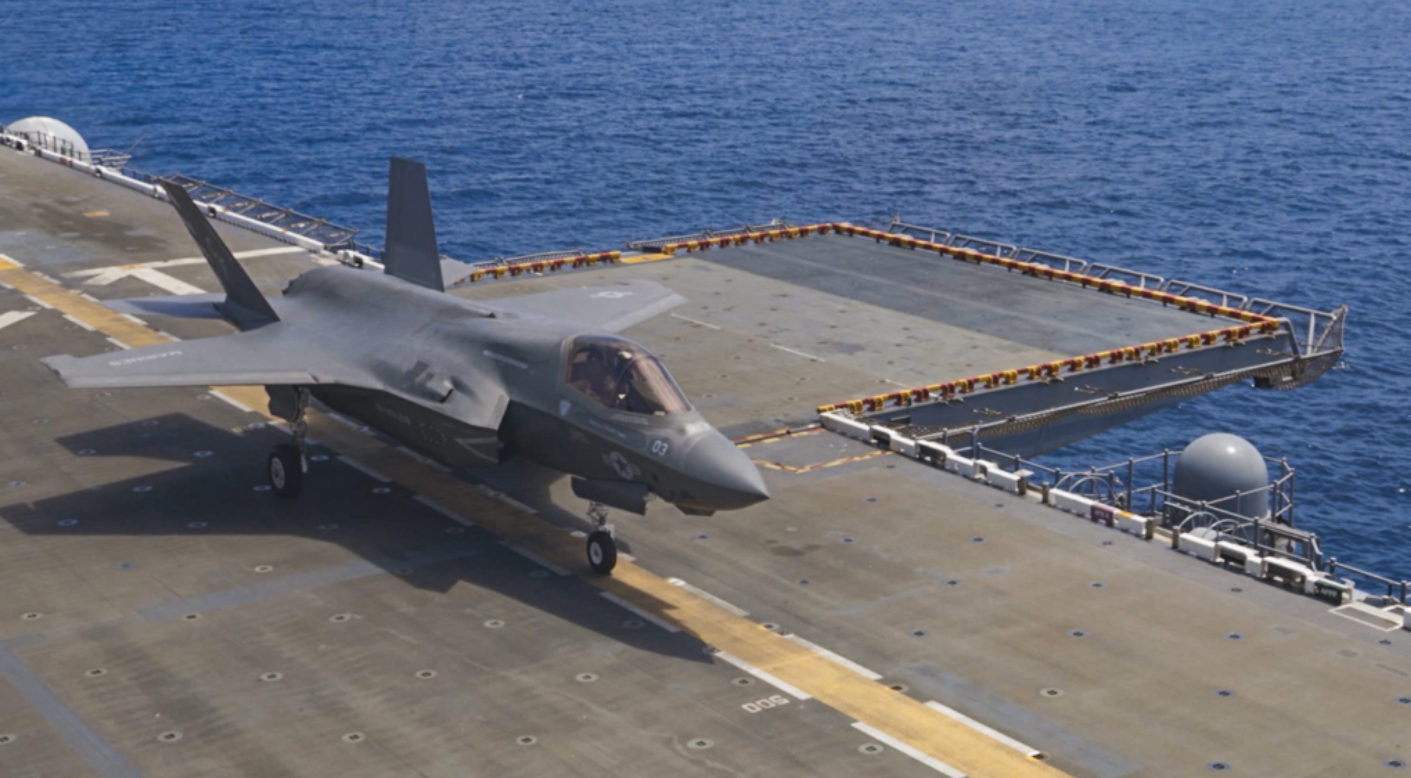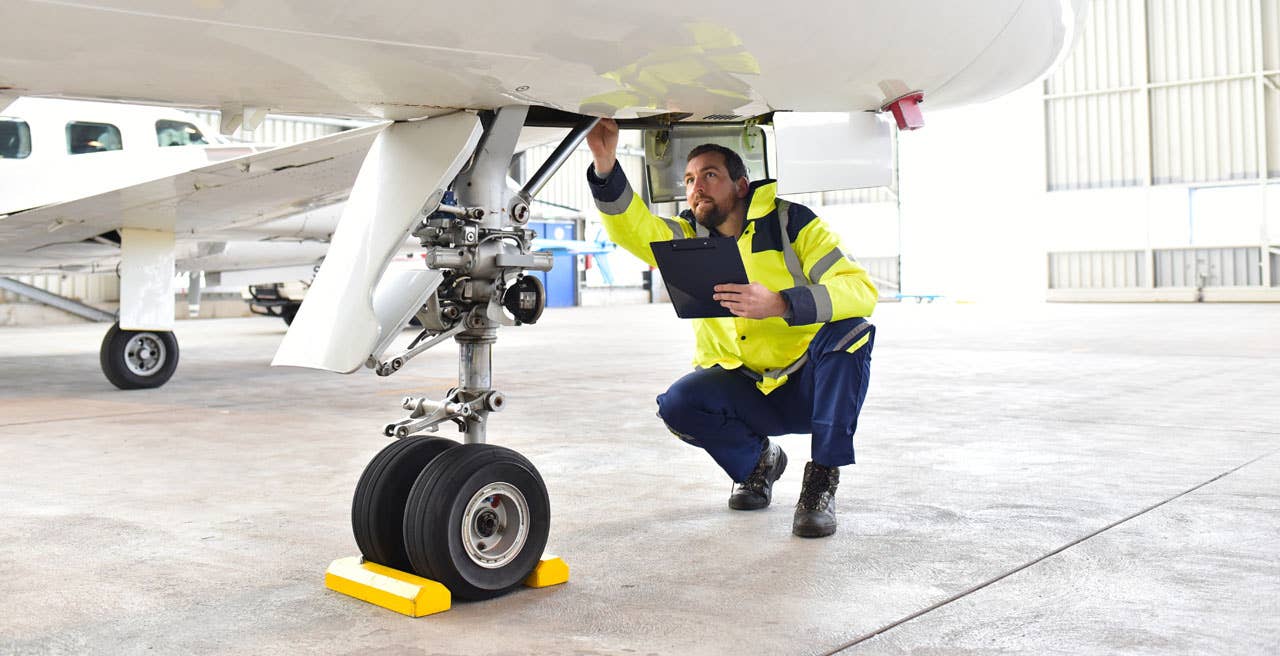DARPA, Boeing To Build Spaceplane
Boeings Phantom Works will partner with the U.S. Defense Advanced Research Projects Agency to design, build and test a technology demonstration vehicle for the Experimental Spaceplane (XS-1) program, DARPA announced this week. Boeing will develop an autonomous, reusable, hypersonic spaceplane, called Phantom Express, capable of deploying small satellites of up to 3,000 pounds into low Earth orbit. Boeing and DARPA will jointly invest in the development.

Boeing's Phantom Works will partner with the U.S. Defense Advanced Research Projects Agency to design, build and test a technology demonstration vehicle for the Experimental Spaceplane (XS-1) program, DARPA announced this week. Boeing will develop an autonomous, reusable, hypersonic spaceplane, called Phantom Express, capable of deploying small satellites of up to 3,000 pounds into low Earth orbit. "Phantom Express is designed to disrupt and transform the satellite-launch process as we know it today, creating a new, on-demand space-launch capability that can be achieved more affordably and with less risk," said Darryl Davis, president of Boeing Phantom Works. Boeing and DARPA will jointly invest in the development.
The XS-1 program envisions a fully reusable vehicle, roughly the size of a business jet, which would take off vertically like a rocket, according to DARPA. The vehicle would be launched with no external boosters, powered solely by self-contained cryogenic propellants. Upon reaching a high suborbital altitude, the booster would release an expendable upper stage able to deploy a 3,000-pound satellite to polar orbit. The reusable first stage would then bank and return to Earth, landing horizontally like an aircraft, and be prepared for the next flight, potentially within hours. "We're delighted to see this truly futuristic capability coming closer to reality," said Brad Tousley, director of DARPA's Tactical Technology Office, which oversees XS-1. "Demonstration of aircraft-like, on-demand, and routine access to space is important for meeting critical Defense Department needs, and could help open the door to a range of next-generation commercial opportunities."






